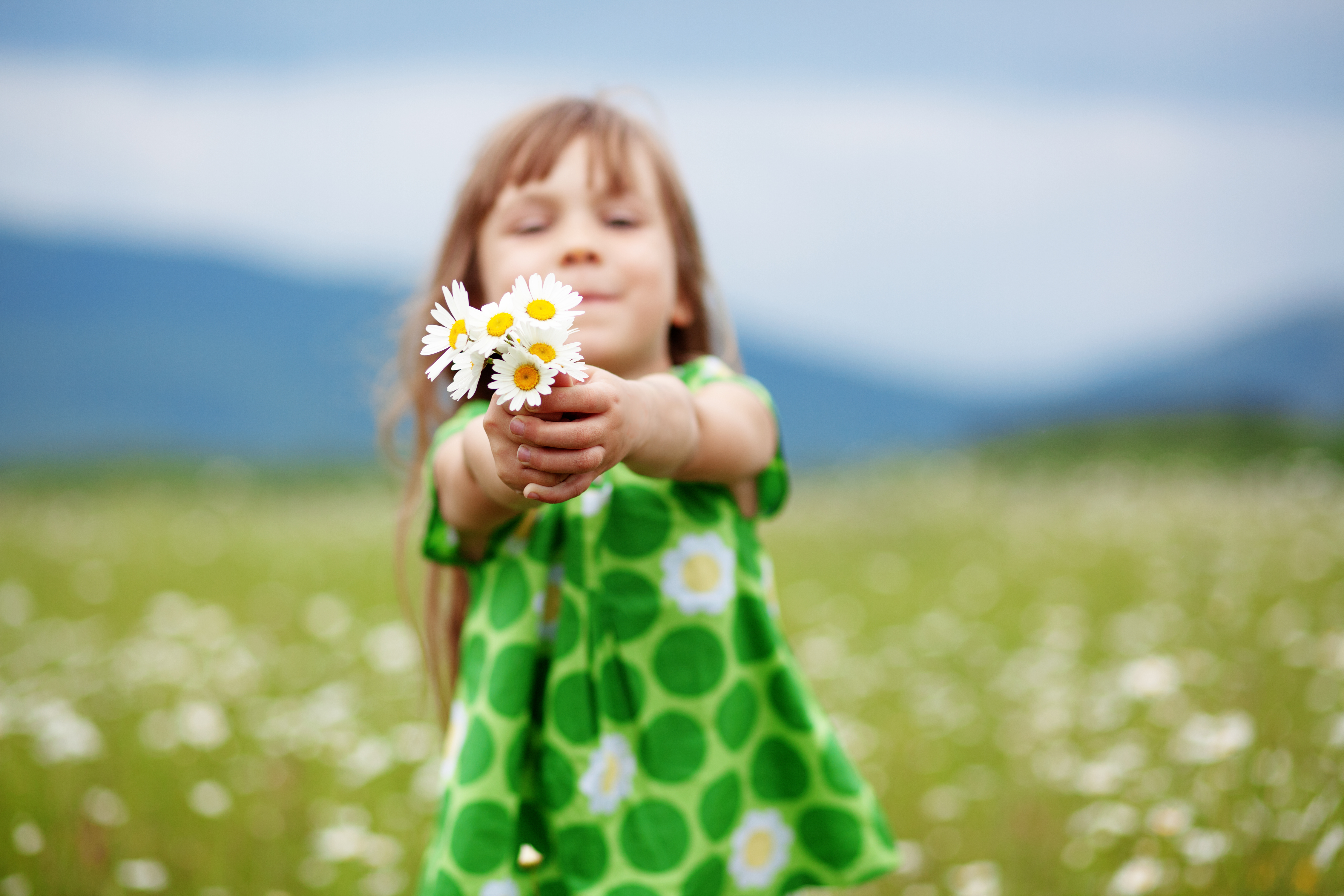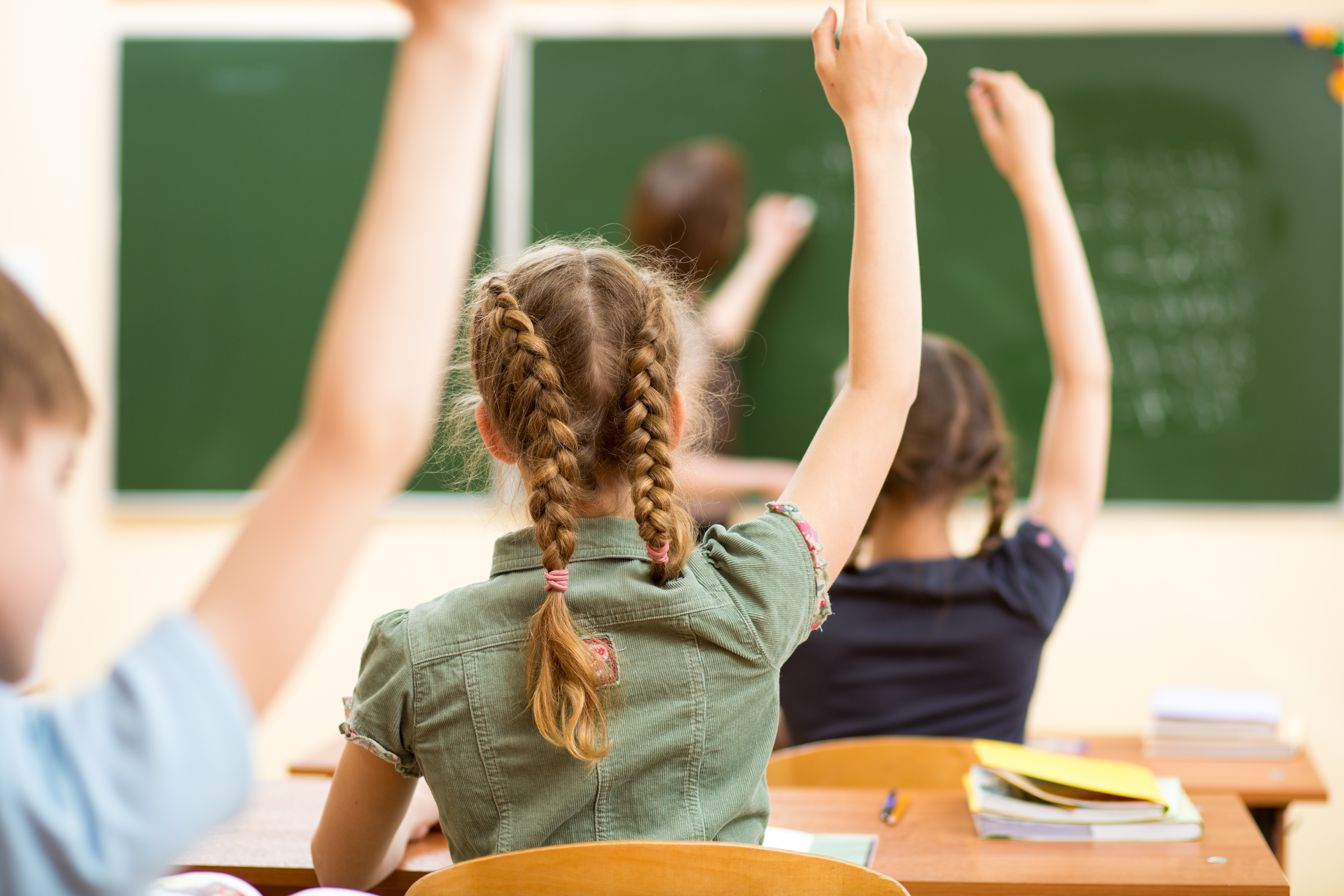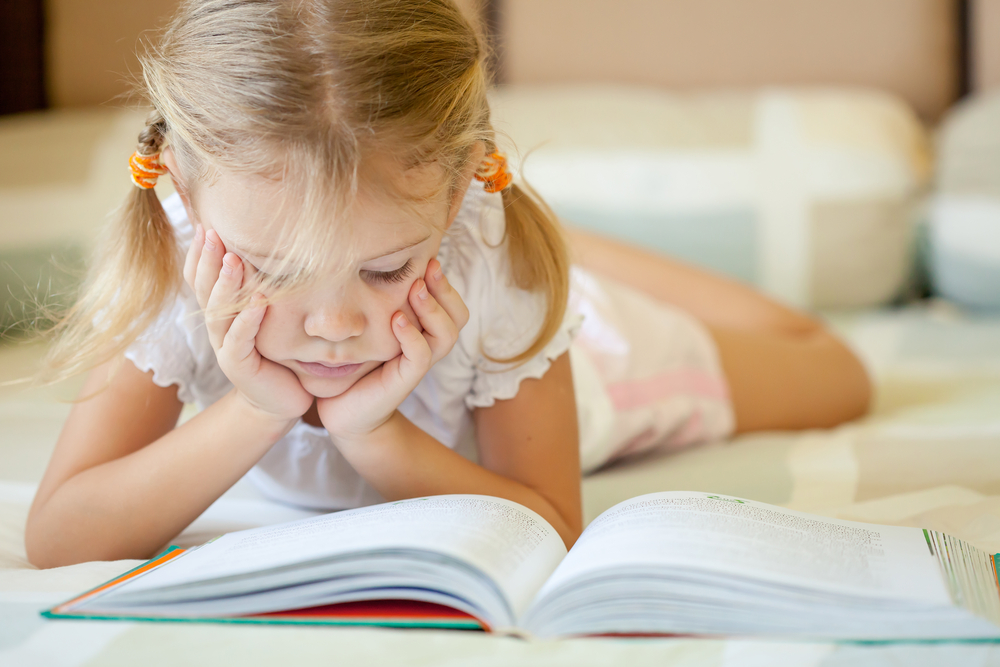Peace is a powerful word. But what does it truly mean? What are its implications? Why is it so important that millions have risked their lives to fight for it, and why do so many continue to sacrifice their lives to attain it?
Peace may be an abstract notion, but it’s a simple reality – a life with no threat of violence or fear. Peace means people living and coexisting in harmony. It’s something that should exist universally, but unfortunately, humans are prone to retorting to our animalistic instincts of greed and pride, and continue to wreak violence and war across the world.
We’ve gotten to a point in our society that we celebrate events like Memorial Day and Remembrance Day, as though they were joyous occasions we should pride ourselves in. We forget the millions of innocents who died, the millions of sons and daughters that never returned home to their parents, the huge economic wreck that resulted. We continue to celebrate this day as though it were a birthday. We celebrate our successes and victories. But in what way does any way result in victory? How is it a win if such huge losses were suffered?

Copyright: Alena Ozerova
Novak Djokovic’s Story
We particularly seem to become oblivious to the effects of war on civilians, whether those be children or adults, who become stuck in the midst of a conflict that wreaks damages on their mentality and often times health. It’s not easy to overcome experiences like this, war leaves a toll so severe some may never recover, but those who do, have a story and experience that will shape their life.
Novak Djokovic, a world-renowned tennis player and athlete, has a history that is all too common nowadays, having grown up in the midst of war and conflict, but his success is proof that even the greatest adversities can be overcome. Djokovic spent much of his childhood coping with the threat of attacks of missiles and bombs, as do many children in the Middle East today, but found solace in playing and practicing tennis. By fuelling his energy into sport, Djokovic found an escape, and this escape in turn would completely change his life, and the lives of many others, as he continues to inspire people, and children, from around the world to pursue their passions relentlessly.

Novak visiting School of Life in Sirca
How Sports Can Help
Sport is not about winning, it’s about being part of something great, said Djokovic.
Djokovic’s war-torn background and his capacity to rise above the adversities speaks to the importance of sport. Sports give us the opportunity to channel our energy and emotions into an activity that is both positive and beneficial. Sport unites us, rather than divides us, and teaches us important traits surrounding sportsmanship, hard-work, and passion. Sports bring warring nations together, they connect people of all races, religions, nationalities, and provide us with the opportunity to unite as one amidst even the most extreme of circumstances.
The work of organisations like the Novak Djokovic Foundation is to ensure that children’s needs are being met.
Educating Children on Peace
Educating children on peace doesn’t just help them cope with the horrors they may face in life, but it helps in the movement of attaining a world in which the atrocity that is war may never be known. Children are the future of the world. They represent the innocence, purity, and hope that remains, and their resilience, even in the face of the upmost atrocity, teaches us that their lives are to be valued.
And that is what the work of the Novak Djokovic Foundation targets. We cannot expect children who’ve lived their entire lives in fear of losing their lives and their families from a missile attack to develop into psychologically sound and functioning members of society. Childhood is the time of ultimate mental development, hence the importance of teaching children the importance of peace at a young age.

Copyright: Oksana Kuzmina
We notice as early as 6 months that children are sleeping a little better, eating a little better, their pre-language starts to develop and they seem connected in a trusting way with people around them. Those are traits that eventually turn into an appetite for peace, said Kyle Pruett, profesor of Child Psychiatry at Yale University
The Novak Djokovic Foundation works to encourage the implementation of programs targeting children in warzones and war-torn countries, because the organisation and its leaders are well aware of the toll war and conflict can take on a child’s mind, hence the necessity to maintain their purity and innocence and channel their knowledge into that of peace not of violence.
Children who understand the necessity of peace in a society ridden with violence and war, will grow to appreciate it, and will hopefully aspire to work hard to demolish all violence and war in the world, rather than being drawn into the cycle of war and suffering.












